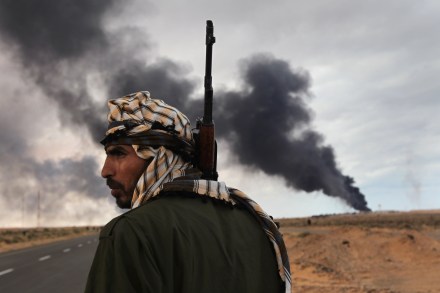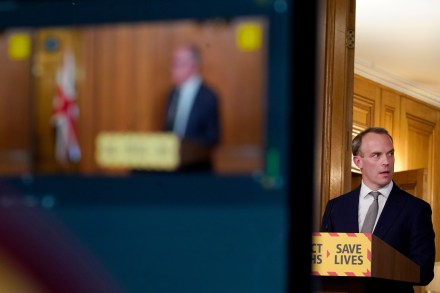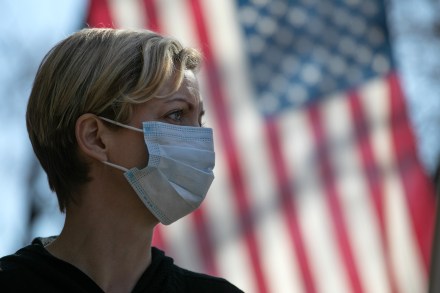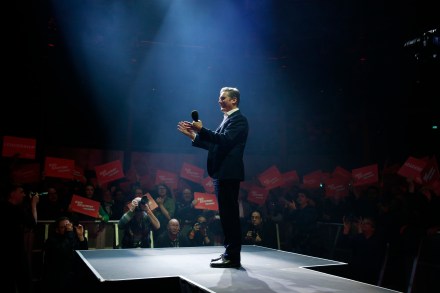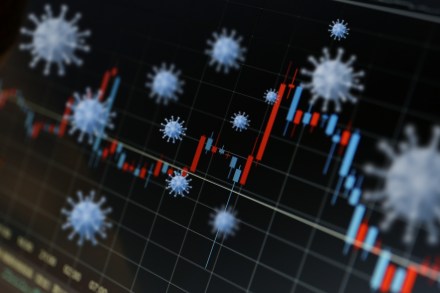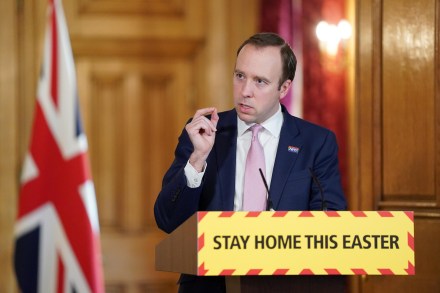Could the Covid crash spark another Arab Spring?
They said we were going to uncouple from the Middle East. Barack Obama, they said, was going to pivot to Asia. Donald Trump was, finally, going to get the United States the hell out of there. Intellectually, politically and, most importantly of all, militarily, we were going to put this most vexatious of regions behind us. It was, they assured us, a new day. They were wrong. Obama was drawn back in by his desire to strike a nuclear deal with Iran. Trump talked a good isolationist game but then droned Qasem Soleimani in Baghdad. Now we are in the midst of a coronavirus-induced oil crash. Now the Middle East
